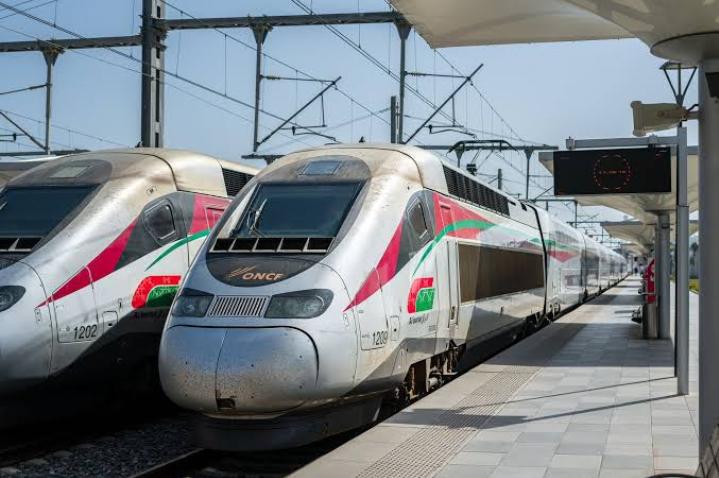
Europe and Africa are on the verge of ground breaking connectivity, with a major rail proposal linking Europe and Africa before the 2030 World Cup, though time is running short.
The concept of a rail connection between Spain and North Africa has been under discussion for decades. However, with the upcoming global football tournament hosted by these two nations, along with four others, the infrastructure initiative has been reignited.
Read also: Germany eases naturalization laws to welcome skilled international workers
The proposed project involves a 17-mile tunnel beneath the Strait of Gibraltar, a groundbreaking engineering feat that would unite the two continents. Private analysts estimated the cost of the project between £6.5 billion and £13 billion in 2007, as reported by The Washington Post. Neither Spain nor Morocco has provided definitive cost estimates.
In February 2023, representatives from both countries met in Rabat to discuss the plans. Raquel Sánchez, the Minister of Transport, Mobility, and Urban Agenda (Mitma) in Spain, stated, “We are going to give a boost to the studies of the Fixed Link Project of the Strait of Gibraltar that was started by both countries forty years ago. A strategic project for Spain and Morocco and also for Europe and Africa.”
If the project materializes, it would significantly reduce travel times between the continents. According to Moroccan state media outlet SNRTNews, “The high-speed rail line existing in both Morocco and Spain is expected to significantly reduce travel time compared to regular trains as supported by studies on this matter.”
Moroccan Prime Minister Aziz Akhannouch, speaking about the Morocco-Spain Summit, where the rail plan was formally discussed for the first time since 2009, commented, “[The summit] opens the perspectives of projects that are so many levers to build the future, among them the fixed link project between the two countries, which will probably cause a real revolution on several levels.”
In June 2023, the Spanish Society for Fixed Communication across the Strait of Gibraltar (SECEGSA) received 2.3 million euros to continue its studies on the project.
